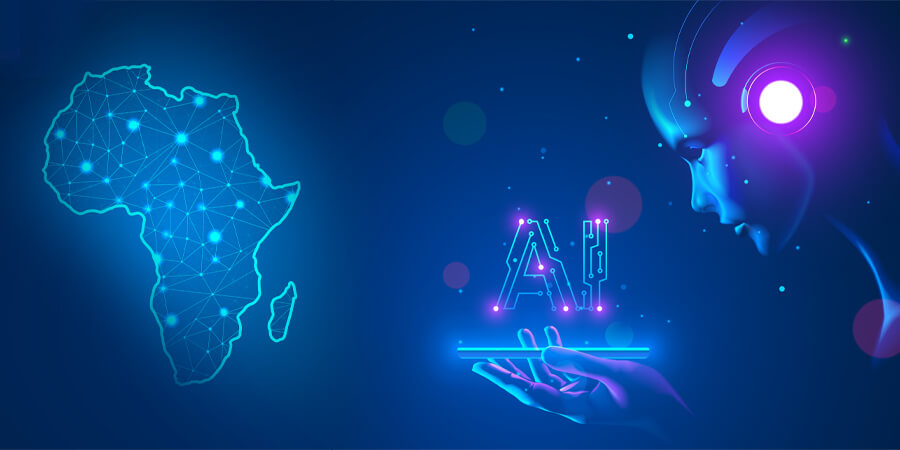advertisement
Sky’s The Limit With AI Tech Tailor-Made In Africa

With so many hyperbolic claims and counter-claims being made about Artificial Intelligence(AI), it’s hard to know what to think. Should we be hopeful or afraid, excited or sceptical? Is any of this actually going to make a difference in our lives any time soon?
While today’s generative AI tools can do amazing things, they are still nowhere near human-level intelligence. They are, in effect, highly sophisticated pattern recognition machines. But while they can’t think for themselves, they are remarkable problem-solving tools. They’re already helping to accelerate medical and scientific research and making a big difference in a range of industries.
Across the Kenyan economy, AI tools have the potential to boost productivity enormously. And they can help us in our everyday lives. AI assistants could provide tailored support when we need it and help us all to get more done in our days. As more and more people, businesses and organisations get to grips with how AI tools can help them solve problems, they could create huge economic and social opportunities. But that’s going to take time, and it is going to require that AI tools are tailored to the specific needs Kenyans have.
advertisement
That’s what Jacaranda Health has done with its AI-enabled digital health service, PROMPTS, designed to help expecting mothers across Sub-Saharan Africa. PROMPTS sends women text messages in Swahili tracked to their stages of pregnancy. It also has an AI-enabled helpdesk that uses natural language processing to triage and respond to their questions, and makes rapid referrals if a risk is identified. With Meta’s support, Jacaranda aims to expand PROMPTS to 1.3 million women across the region. To do all this, Jacaranda developed an AI tool that understands Swahili, built on Meta’s open-source Llama 2 foundation model.

The computing power required to build and operate foundational AI models can be vast and expensive, which is why so few companies have them. Most of those companies are in the United States. But generative AI is not going to have the sort of transformative effect that people hope it will in Kenya unless people are using AI tools designed with the needs of Kenyans in mind. That’s why it’s so important that many of these models are open and accessible, so more Africans can do what Jacaranda has done and adapt them for Africans to use.
advertisement
Meta has a long history of sharing AI technologies like PyTorch, the leading machine learning framework, and our Llama large language models. And we’ve published over 1,000 AI open-source models and tools, including our Seamless suite of AI research models that can translate your voice into another language.
I’m in Kenya this week to meet policymakers, academics, experts and entrepreneurs and to talk about open-source AI and how Meta can support the growing digital economy here. Africa has a young, tech-savvy population that is brimming with creativity. In little over a decade, it could have the largest workforce in the world. The continent is on the cusp of becoming a major centre for innovation. We want to be part of that.
That’s why we’ve rolled out programmes like Boost with Meta and #SheMeansBusiness, reaching millions of small businesses across the continent and helping more than 350,000 entrepreneurs develop their skills. And it’s why we’ve laid tens of thousands of subsea and terrestrial fibre cables, such as 2Africa, helping to generate tens of billions of dollars for African economies.
advertisement
This is good for Africa and good for Meta. We want Africans to build amazing things with our technologies. Better products, faster innovation and a flourishing market in Africa will benefit Meta as it will many others. With fast internet access and AI technology tailor-made for Africa’s needs, challenges and opportunities, the sky’s the limit.
This article was written by Nick Clegg, Meta President – Global Affairs